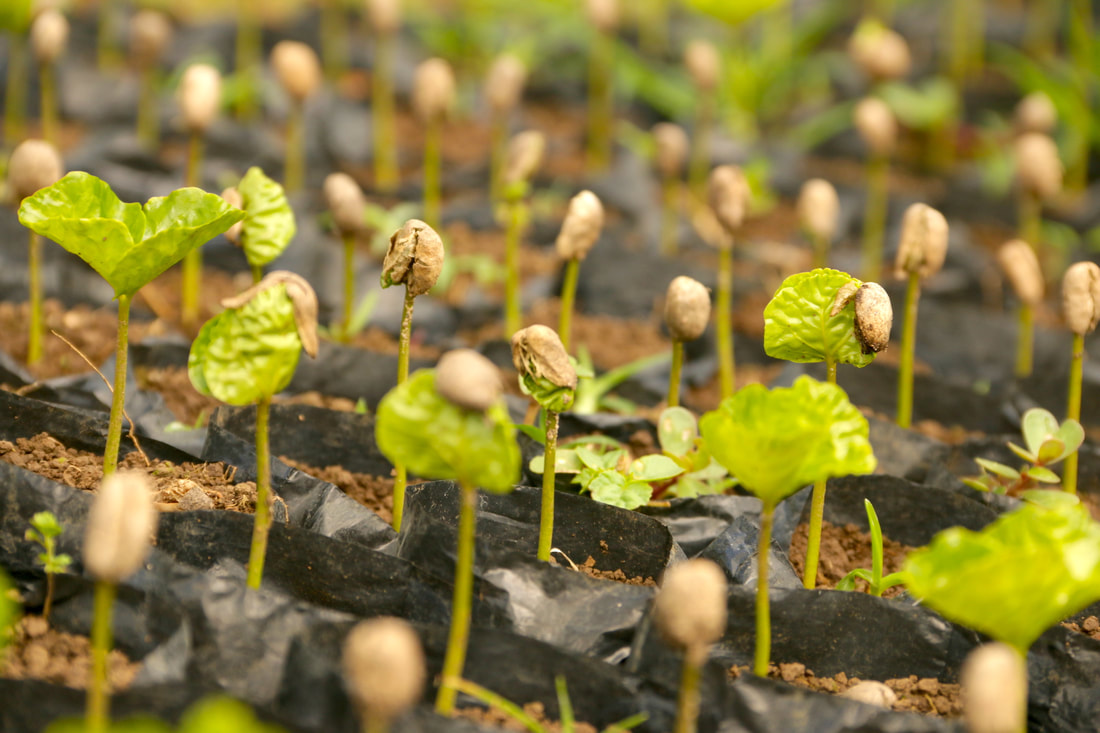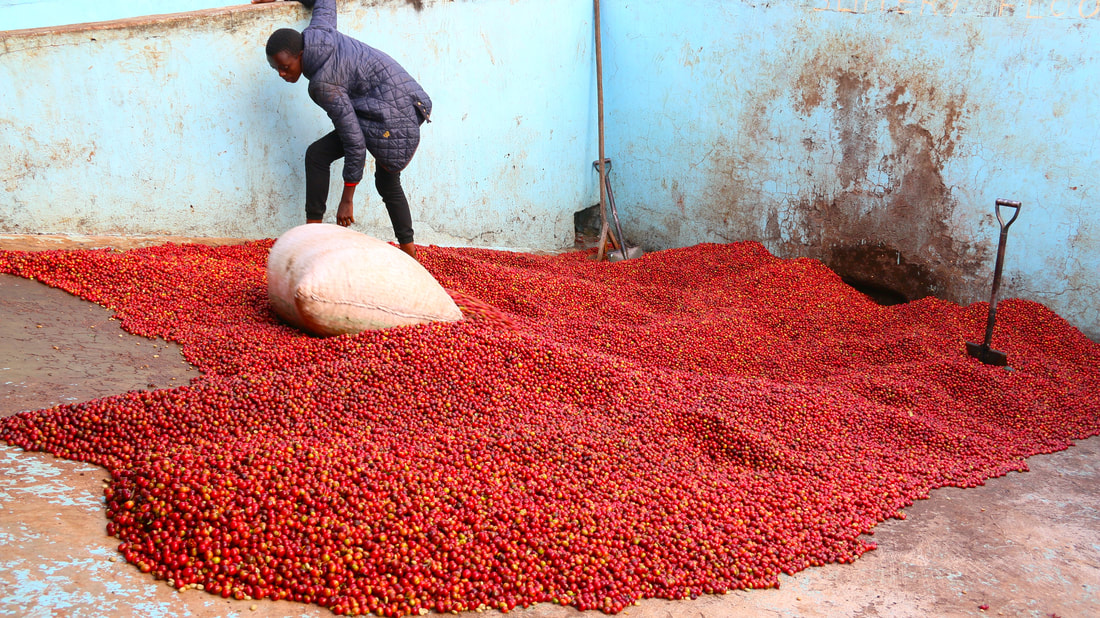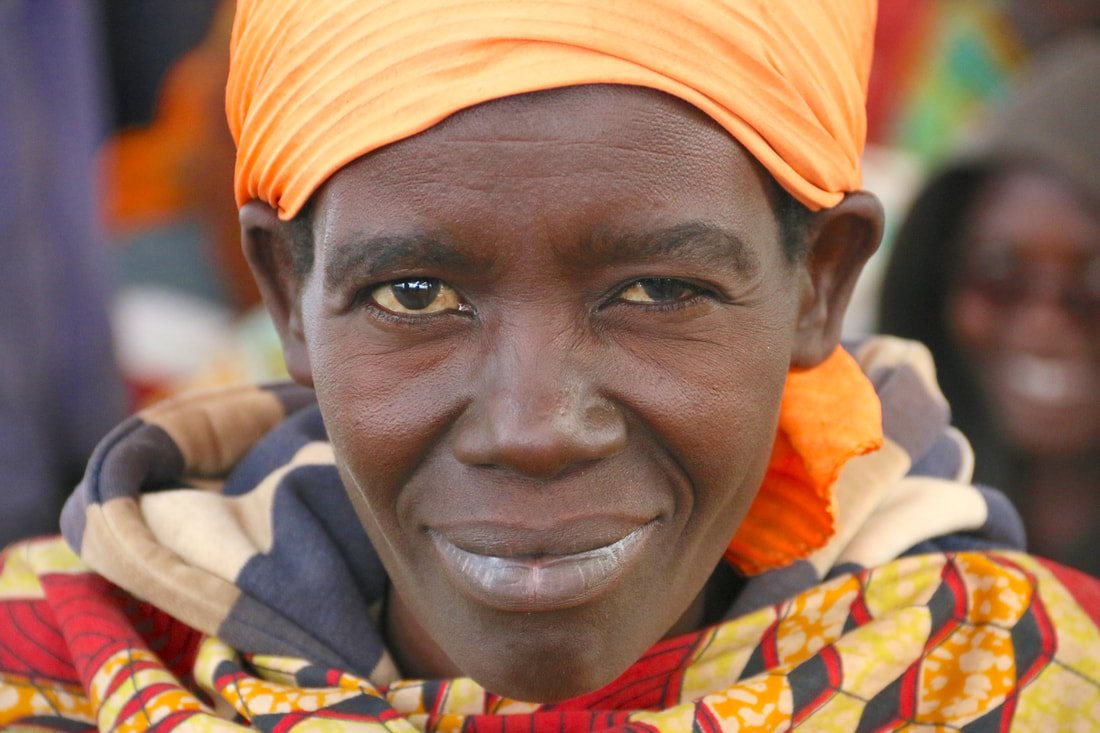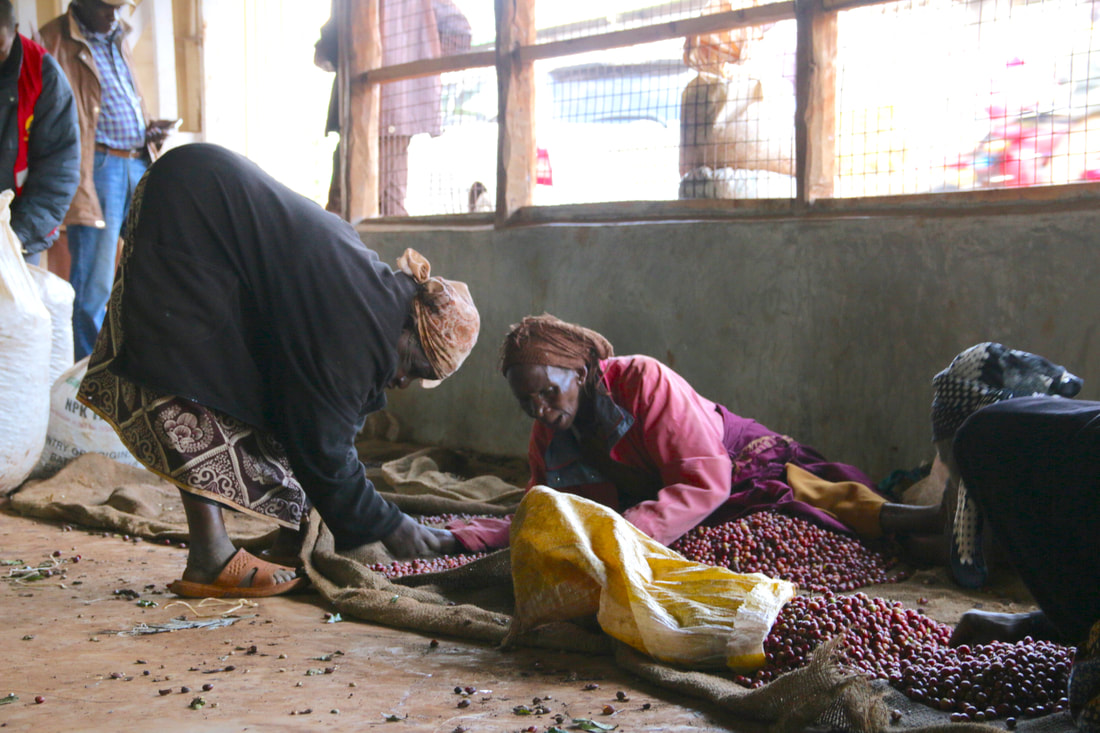With this article, we begin a new series of educational content, this time focusing on one of the biggest and probably most controversial topic in the coffee industry: PRICE.
All of us who work here know that our industry is in an unprecedented crisis in various fields; Ethical, Environmental, Genetics and Socioeconomic. We know that the prices we pay to coffee growers (with only few exceptions) is well below their production costs. And when we pay excellent prices for quality, for example in Kenya; we know that most of this revenue does not reach farmers, because there are so many hands, so much corruption and so much bureaucracy in the industry, that most of the benefit is lost in the darkness of a network of connections that we do not fully understand.
At the time of writing, the future price of Arabica Coffee contracted to September 2020 is 0.98 USD per pound.
Our proposal, is that at least, within the specialty coffee industry, importers pay 1USD per Kg of high quality cherry, in all the countries where we are currently working.
In the following posts, we will develop more this idea.
To produce 1 kg of green coffee we need 6 kg of cherry. Of these initial 6 kg, 5 are "lost in translation" during the production process, mainly due to pulping and drying (evaporation of moisture, which in washed parchment amounts up to 45-50%, and in the case of the ripe cherry to 67%).
To increase the farmers profitability, studies suggest that, it is highly recommended to generate incentives at origin for the use of these by-products (husk, pulp, pectin, water) as raw material for the production of: beverages, fertilizers, biogas, livestock feed, fuel, etc. These by-products when not treated, are highly polluting and generate serious environmental problems in the surrounding communities.
In our real coffee world, competition is imperfect. Meaning that there is a wide range of inequities between the actors of the industry. First of all, we have few buyers (5 or 6 big corporations) that control the world market price. And second, we have many small sellers with little or no power of negotiation. The latter living in less diversified weak exporting markets that depend on the exporting of one or few natural resources to obtain foreign exchange.
Therefore, there is an imbalance in the profitability that the coffee business is generating in the West, compared with how the business impact farmers in producing countries. Today the prices paid for a Kg of Cherry are way below 1 USD in most producing countries and we all must do something about it.
The Golden Rule: "treat others as you want to be treated".
The problem with charity is that it generally attends symptoms rather than causes. Charitable donations are not the best proposal to solve the problem of poverty or extreme poverty of the world's coffee growers. Rather, they are a temporary solution to a problem that requires more effort and better organization of economic relations between countries.
Why do we establish a price hierarchy for green coffee and not for the price of cherry? Because there are many factors that influence the final result of the processing of that cherry. But we could also put the argument that there are also many influential factors in the transport of green coffee from origin to our respective warehouses.
So why not coordinate with the cooperatives or producers a pre-established price per kilogram of cherry according to it quality levels? How it is done in Burundi for example, where for 1 Kg of cherry "quality A" 500 BUF (0.19 USD) are paid; and for 1 Kg of cherry "quality B" 250 BUF (0.096 USD) are paid. Prices in Burundi are set by the government, but they are too low. Our proposal is to establish four cherry qualities and thus encourage coffee growers to make a more selective and higher quality harvest to obtain a better price.
For example, for a kilogram of cherry of the best quality "A", we should demand that at least 1 USD will be paid, for qualities B, C and D, this value will be decreased by a percentage that is financially sustainable for all. But we must demand transparency from cooperatives/producers, otherwise we will never solve the problem of the extreme poverty of coffee growers, and will be using charity as a relief for the constant abuse of neo-colonialism in Africa and the World.
It is not charity, it is payment for a job well done.
With this article, we end this series of educational content, this time focusing on one of the most important and probably most controversial topics of the coffee industry: THE TRUE COST OF COFFEE.
The main problem with certifications is that they are for-profit organizations and have failed to condemn and stop the unethical and abusive behaviour of multinationals. Instead, they shield their operations, leaving small farmers from around the world unprotected.
In a recently published report called: "Not Fit For Purpose", it is pointed out that these certification companies have been captured and dominated by multinationals, and therefore, their intrinsic purpose for existence is destined to fail.
The report also notes that, during the "shady" yearly monitoring visits, auditors are subcontracted and paid by multinationals for evaluation, which creates a clear conflict of interest. Eventually, we cannot trust the claims made by these certifications, because abuses continue to occur and words such as "fair" and "sustainable" are misleading.
Often people ask us how we (consumers) can help to stop these abuses from happening? And we truly believe that we have a great power in our hands, the power of decision-making. To generate an impact with our decisions, we must inform and educate ourselves, read the labels and question everything; because only by spending our money in the businesses that are being truly ethical, fair and sustainable, we will generate a positive feedback loop that sooner or later will reach coffee growers.
Question everything and enjoy your coffee.
THE END






 RSS Feed
RSS Feed